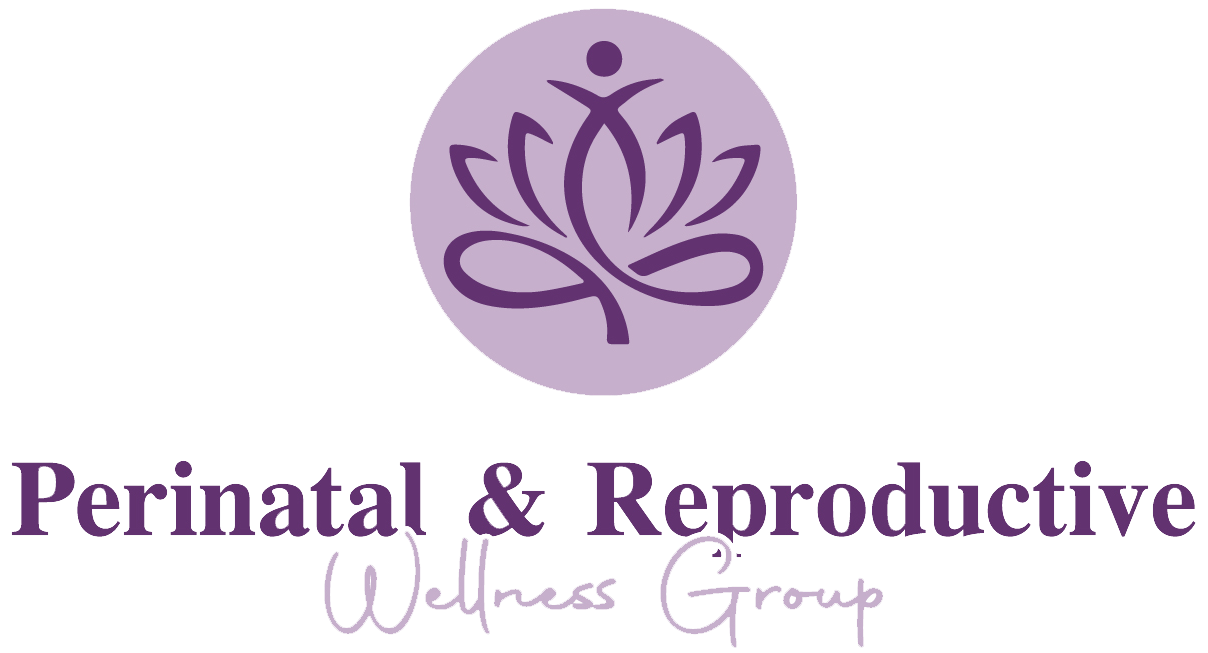Pregnancy After Loss
Pregnancy After Loss: Navigating Grief, Anxiety, Joy – and More
The perinatal period brings so many major hormone shifts: from conception to childbirth to the postpartum experience, it can be a wild ride.
For women going through a pregnancy after having experienced a prior loss, the intensity only increases. Regardless of when the loss happened – from a first trimester miscarriage to stillbirth, the stress is real. I’ve spoken to so many women who experience subsequent pregnancies with fear centered around the date of the earlier loss or losses. If the previous milestone was six weeks, that date can feel like an incredible hurdle.
Layer onto that the expectations, assumptions and anxieties of loved ones, and it’s a heavy emotional load for an expectant mother to carry. In response, it’s common – and very understandable – to find women who experience pregnancy after loss in a state of isolation, as it becomes too complex to navigate their own unsettled feelings while also negotiating other people’s.
There is no easy way to get through pregnancy after loss, so the approach I always take is: “one appointment at a time, one scan at a time, one week at a time.”
This perspective can carry over into the postpartum period where it is very common for new moms to experience perinatal anxiety or even OCD, where you’re doing a lot of checking to make sure the baby is safe, playing out what-if scenarios about their health. This can be layered on top of feelings of grief and guilt – if you’re happy about this new baby, what does that mean about your feelings towards the lost baby? How do I incorporate that loss as a sibling or create some meaning of what that loss means to you and your family? How do you honor that and hold space for the grief and lean into hope and excitement for the new pregnancy?
None of these feelings happen in a vacuum. There’s a whole world out there and, with it, added challenges: perhaps a partner or other family members with their own emotions, needs and narratives; perhaps a best friend or colleague sharing that they’re pregnant. It’s common to hear about women avoiding social events or close friends to avoid hurtful comments, which only increases a sense of isolation and anxiety.
It can be so healing to have a safe place to process and share what is happening, whether it’s in individual or couples therapy, or in a group – for example through Postpartum Support International (PSI) – where you can share your story and be amidst other individuals who have also experienced loss.
There is no one-size fits all treatment for pregnancy after loss. There’s a cognitive behavioral piece, grief work, mindfulness. Sometimes it can involve sessions with a partner, using the Gottman method, can help connect each member of the couple who may be processing the same loss in very different ways.
My door is open.
